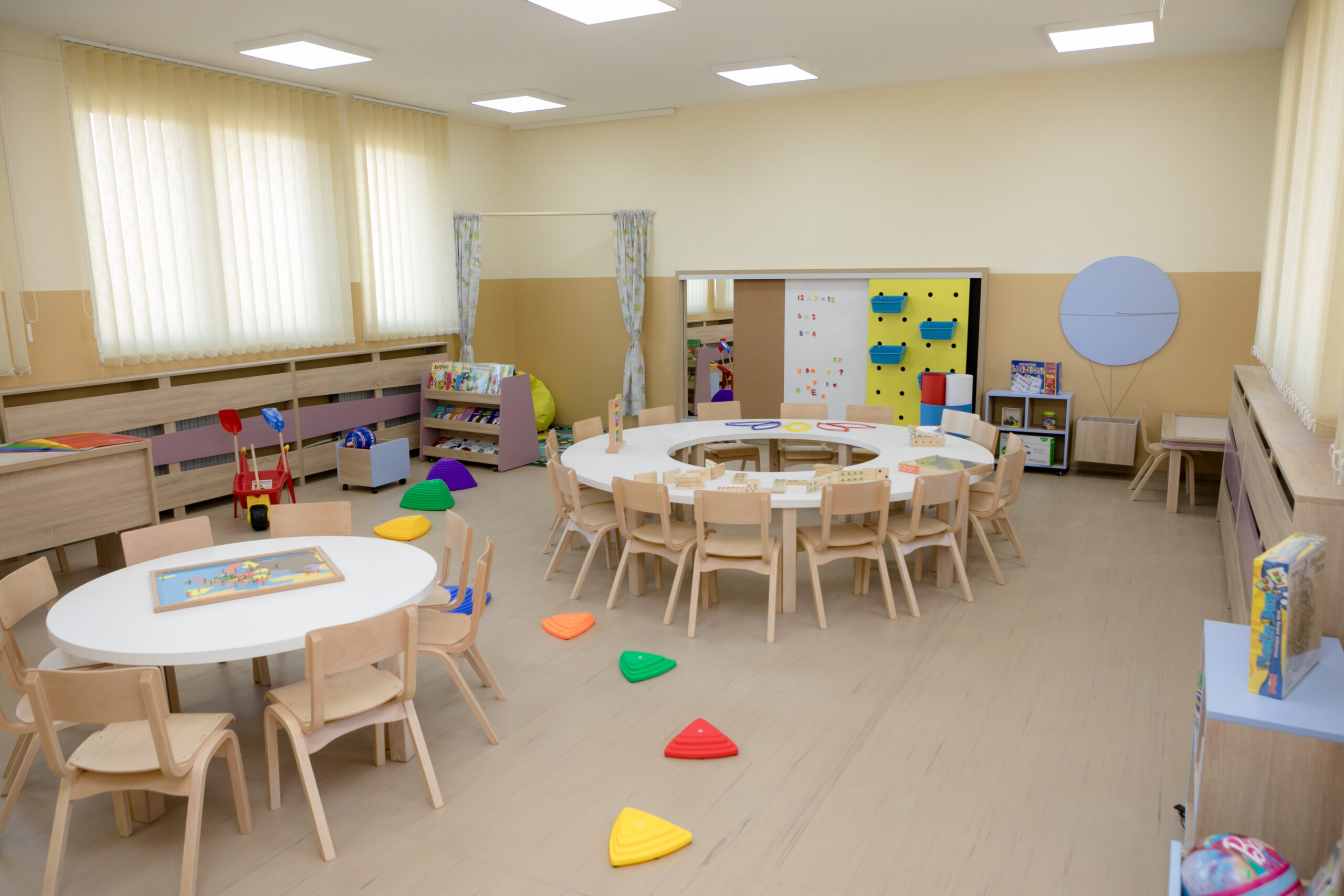The anatomy of the parental action & reaction spectrum.
How annoying is it when advertisements and cookies from a website constantly pop-up while you’re browsing? How frustrating is it when in the middle of a conference, your phone rings and after missing some important discussions to answer the call, you realise that it was a telemarketer trying to sell you their newly launched item. Who likes that bump that forces you to slow down your speeding car? No one on earth would ever want or like to be interrupted, except for a few exceptionally rare occasions like being woken up in the middle of the night by a call that informs you of your nomination for the Nobel Prize.
Parents not only struggle when they have to interrupt their deep sleep at midnight to change their baby’s diapers or feed them, or simply sing a lullaby to make the crying baby fall asleep again, but the real struggle is when your child starts exploiting the greatest ever gift to humankind – ‘speech’. Kids, during their younger days, love attention. While crying serves their purpose only transiently, a constant source to feed their crave for attention is non-stop babbling. But in this process, they do not realise that they might be cutting in an important conversation of adults or simply being intrusive in a socially awkward manner. But how do they know what is socially acceptable and what is not? How should parents react?

Copyright: Yuganov Konstantin
“Speak When Spoken to”
This is a rule at the stricter end of the spectrum. Some people believe that it’s important to teach kids from a young age that it’s totally inappropriate and unacceptable to speak when adults are talking. Kids shouldn’t be involved at all and if they are, then, punitive action might better be taken to get this hard rule ingrained fast & clear in their head. While how a parent reacts is induced by both the temperament of the parent at the spur of that moment and of course, a parent’s choice, it must also be noted that being rude or extreme with kids can be detrimental. Terrifying or traumatizing a kid would affect their psychology negatively as a result of which the kid might become withdrawn, unwilling toshare anything with parents thereafter, might lose confidence, and thus, grow up to become a self-limited individual due to the emotional inaccessibility and unavailability of parents during his/her childhood.

Copyright: Yuganov Konstantin
“Waiting is a Good Game”
Children often see the world only from their perspective and have to be taught to wait for their turns. To inculcate the skill of being patient in children can be challenging yet extremely rewarding. A policy somewhere in the middle of the spectrum, teaching kids to be patient would require a parent to be patient as well. Be their role model. Tell them stories about how you had to ‘wait’ for them outside their schools or take them to a mall and once you finish shopping, make them stand along with you in the queue to get billed for the items. Assign them to do a couple of questions of mathematics or read a few stories before they can have their meal or watch TV. This would help you raise a kid with a good amount of patience.

Editorial Credit: legenda / Shutterstock.com
Be “The Cool Parent”?
[dropcap]N[/dropcap]ow this comes at the lenient end of the spectrum, where some parents feel that under no circumstances should a kid be ignored. Be it in the middle of a call or attending guests at home, if the kid needs you, then, you must make yourself available at the first instance. While being available for your kid all the time is appreciable, it also raises the concern if your child becomes too needy of your attention, or takes it for granted so much that they forget that they may not always be the sun of your universe. There exists a world beyond their needs and you need to be equally attentive to it as well. Too much of anything is bad. So, don’t let your “too much” attention make your child “too” self-centered. Teach your kid to be aware of and sympathetic to others’ needs as well.
Keep your child informed of your day’s activities like if you’re going to have a conference call and hence, would like absolutely no interruption during that time. Keep your kids engaged in some task, be it playing, watching cartoons, drawing, or simply anything they love to do when you do not want them to interrupt you. Be unresponsive if required. Most importantly, if and when, you notice your child following a good habit or displaying good manners, PRAISE them. Parental approval and appreciation would certainly encourage a kid to continue their good behavior.
Every child wants to be their parents’ favourite child. So, strike a deal with your child – the better their behavior, the larger their spot in your heart.

















